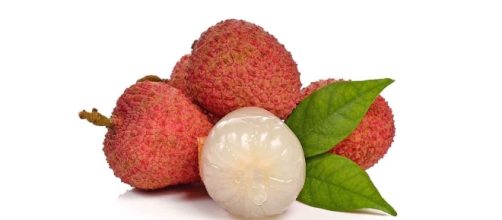The deadly brain illness that killed more than 100 children over the last two decades in Muzaffarpur in the Indian state of Bihar was caused by consuming lychee fruit, a joint study conducted by American and Indian scientists has revealed.
Since 1995, kids in Muzaffarpur were reported to be falling sick suddenly and having seizures, especially in the early hours of the morning. These kids would slip into coma and more than 40 per cent of those affected died. According to the new findings, the cause of the illness seems to be the lychee fruit, which is widely grown in the region.
The children who got sick were known to have consumed lychees on an empty stomach.
The new evidence, published in the medical journal The Lancet confirms they were were poisoned by the lychee fruit.
Lab analysis of blood and spinal fluid samples taken from the children with the illness have revealed that they did not show signs of an infection, nor were they exposed to pesticides. In fact, majority of these kids had eaten lychee fruit not long before becoming ill.
Lychees contain toxins
A study of urine samples from the affected children had evidence of exposure to two toxins found in lychee seeds - hypoglycin and methylenecyclopropyl glycine. These toxins are generally present in higher levels in unripe fruit.
The study also revealed that children who developed the brain illness were twice as likely to have missed their dinner, compared with those that did not develop the illness.
Lychees contain toxins that curtail the body's ability to produce glucose. This had a massive effect on those affected children whose blood sugar levels were already low due to them not eating dinner.
Do kids stop eating lychees altogether?
Most people can consume lychee fruit and not become sick at all. In fact, the researchers point out that the affected children ate the fruit on an empty stomach, making things more complicated.
Health officials have advised parents to ensure their kids are given an evening meal and cut down the consumption of lychees.Those children who show symptoms associated with the illness have been told to be speedily treated for hypoglycaemia, or low blood sugar.

